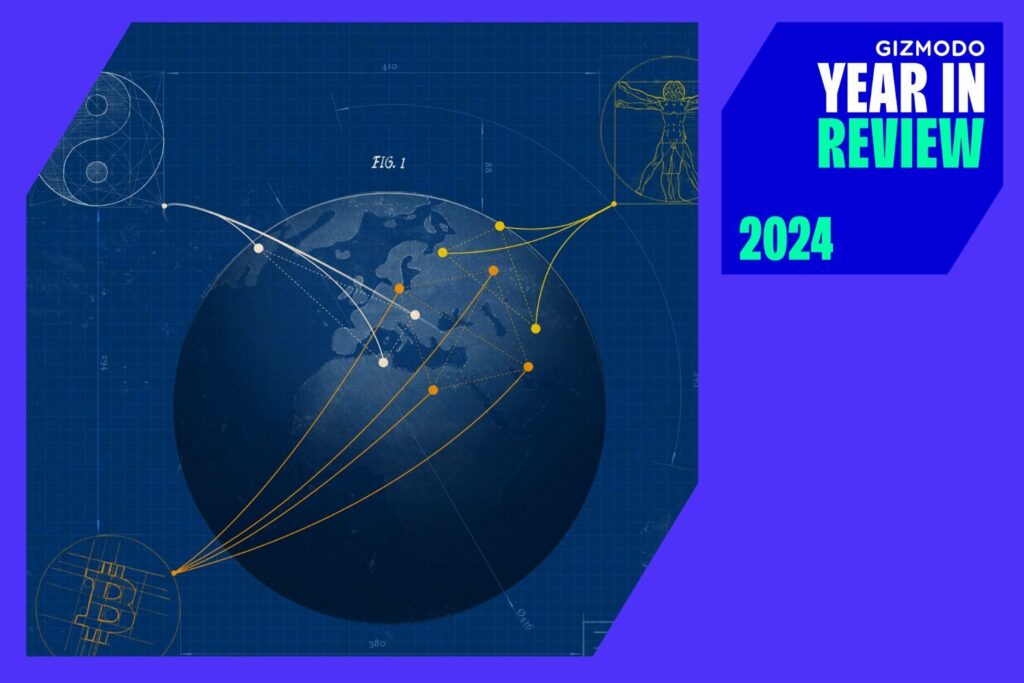
Worst New Trend of 2024: Techno-Colonialism and the Network State Movement
As the year draws to a close, it’s clear that 2024 has been marked by numerous negative trends. From the ongoing crisis in Ukraine to the devastating effects of climate change, it seems like we’ve had our fair share of challenges. However, one trend that stands out as particularly egregious is the rise of techno-colonialism and the network state movement.
For those who may be unfamiliar, techno-colonialism refers to the act of using technology to exert control over others, often in a way that is harmful or oppressive. This can take many forms, from surveillance capitalism to censorship online. In short, it’s the use of tech to exploit and manipulate others for personal gain.
Unfortunately, this trend has been on the rise in 2024, with major companies and governments using their influence to silence dissenting voices and impose their own agendas on the world. It’s a worrying sign that the digital age is being used as a means to perpetuate inequality and oppression, rather than to bring people together.
The network state movement takes this notion to an even darker place. Essentially, it’s the idea that certain individuals or groups can create their own decentralized networks and states within the existing infrastructure of the internet. Sounds harmless enough on the surface, but in reality, this has led to a proliferation of echo chambers and online silos.
What’s particularly concerning is the way these network states have been used to spread misinformation, propaganda, and hate speech. In an era where we’re already struggling with disinformation and polarization, it’s alarming that people are using their influence to create even more divisive online communities.
But what’s even more disturbing is how this movement has given rise to a new form of digital colonialism. As the saying goes, “power begets power,” and in this case, those who have the means to create these network states are often using their influence to exploit and manipulate others.
The worst part is that it seems like no one’s paying attention. The tech community has largely been silent on the issue, and governments seem more interested in regulating online speech than addressing the root causes of this problem.
As we move into 2025 and beyond, it’s essential that we take a closer look at these trends and work to reverse their effects. We need to create online spaces where people can engage in constructive discourse, not echo chambers that amplify hate and division.
Source: gizmodo.com


